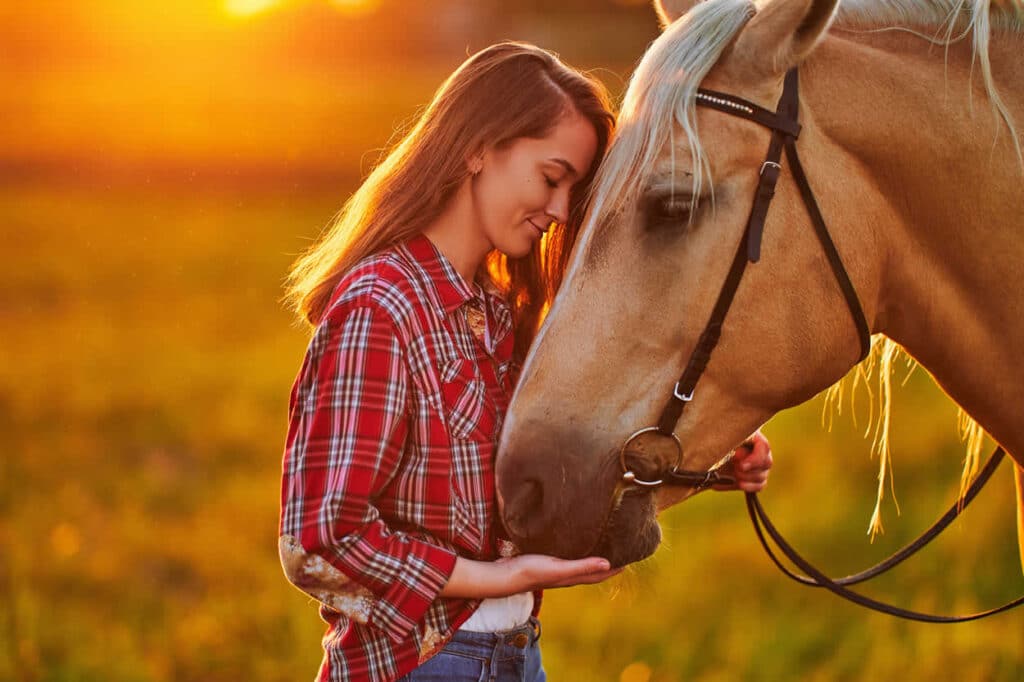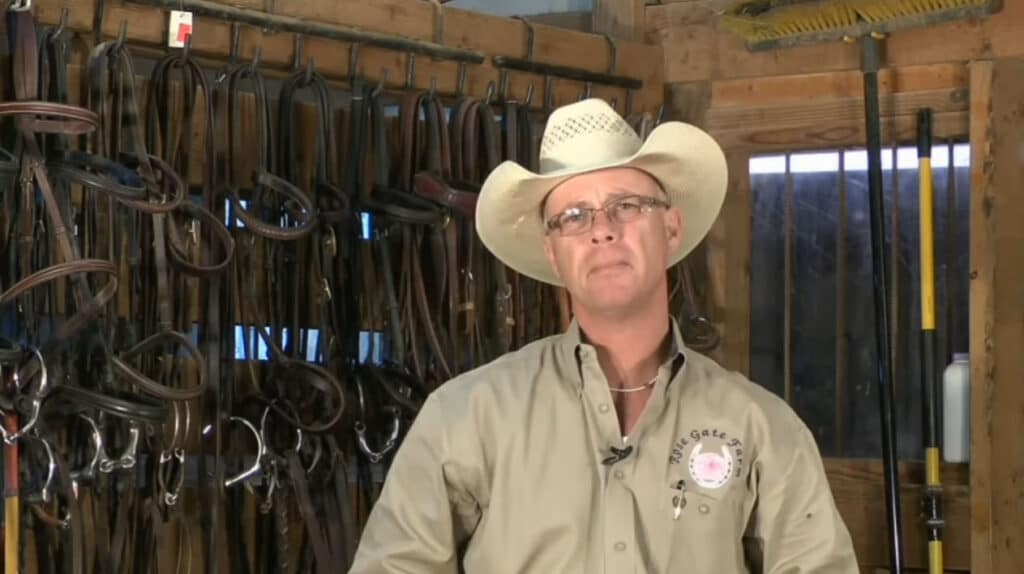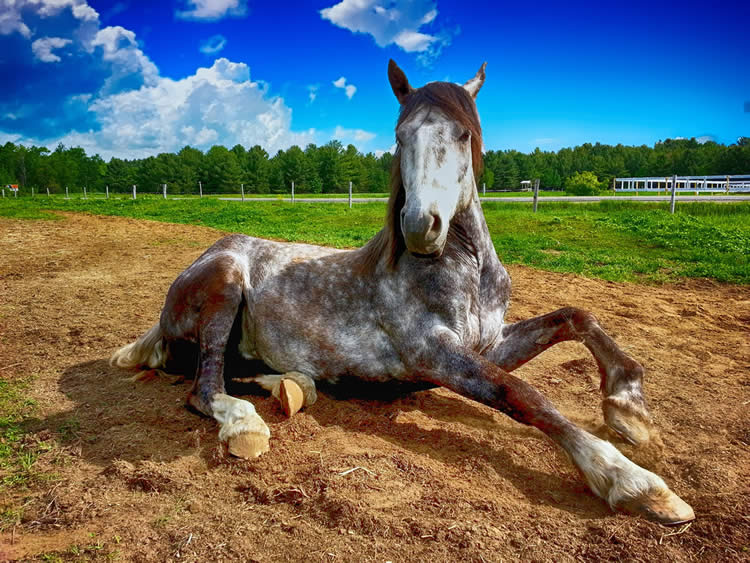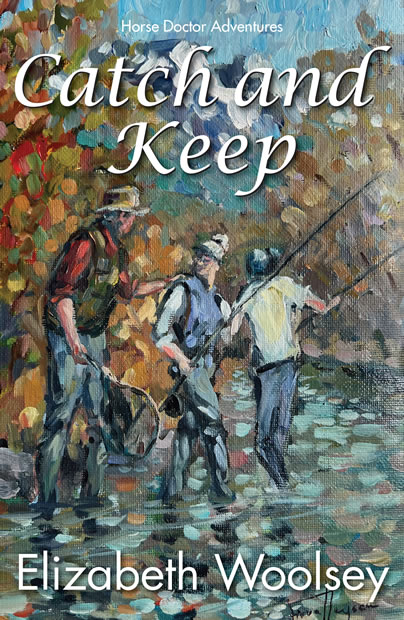A Quick-Tip for New Horse Owners
How to starve your vet, and extend your horses health. Now that I no longer make my living from sick horses… Okay, I preached about preventative care, even when I was a practicing vet. It was the late nights and weekends that made me want to minimize the dramas. Food and water; There are no substitutes for good quality hay and water.
What you save by buying poor hay will come back at you with health issues and veterinary bills. As painful as it is, walk past the bling at the western/English saddle shop and invest in your horse’s feed first. I come from an area in Australia that I lovingly refer to as “Colic Central.” I could almost make my entire living from treating colics.
One of my favorites was what we called “Round Bale Toxicosis.” I loved round bales. The were so easy for the owner to keep feed in front of the horse, until the horse over engorged, or despite the appearance of feed left, only straw was left and so the horse ate indigestible food with resulting impactions.
Then when the hay was not palatable and a new bale was introduced, the horse would “guts” itself on the new hay and three guesses what happened next. The other issue was when the bale was almost finished the horses would fossick around the ground a pick up sand. Sand colics are no fun either …
Round bales are great. Make sure the quality is good and maybe store it away from the horse and hand feed from the bale. Did you hear about the recent outbreak of botulism? It was caused by dead mice in the feed. This was alfalfa cubes, but if you hand feed your horse from a round bale, you will see if there is anything you shouldn’t feed.
Make sure your horse has access to good quality water. Despite reports, the water temperature doesn’t play much of a role in consumption except at the extremes. Both frozen and hot water increase the incidence of colic. In the colder climates the incidence of colic rises little when the water is cold, but in the Australian area where I practiced we saw most of our colics when the water was heated by the sun. So, make sure the water is clean, free from contamination and readily available to horses especially after they eat.
Stay tuned for more tips and trips for New Horse Owners.
Happy trails,
Elizabeth





